James Porter is a professor of ecology at the University of Georgia working as a conservationist biologist. As chief science adviser for the film “Chasing Coral,” Porter gave a speech on biodiversity to Congress and is now working on a new coral reef artificial intelligence. Comments trimmed for length and clarity.
Q: What was your main role on “Chasing Coral”? I know it was head scientist, but what did that entail?
The two roles I had was that as chief science adviser, and in that role, I made sure that everything in the film was scientifically accurate. And my other role is called a principal cast member. So in a documentary, we’re not called actors, because we’re not reading someone else’s lines. We’re called a principle cast member, and that was to appear on camera and to talk about the things that I knew about coral reefs.
Q: How did you take your film knowledge and the message in that and put it to a message that Congress would perceive?
I spent a great deal of time putting that talk together for Congress, because I knew that I had to pitch it at almost a third-grade level. And yet, I had to be sure that the statements I made were scientifically accurate. So I relied on general knowledge. For instance, we compared coral growth rings in the skeletons to tree rings. And many of the people in Congress knew about tree rings. So when I showed the cross-section coral with those growth bands, and talked about how bleaching affects the rate at which those bands are laid down, everybody got it.
Q: Based off that speech, what did it end up doing for the government?
At the time the White House was owned by the Republicans, President Trump, and not much happened. But as soon as the Congress changed, the Senate changed and the presidency was with the Democrats. They had begun to implement new laws to help protect the climate and also biodiversity. So last year, the U.S. signed the U.N. biodiversity treaty, and that is one of the things that we had advocated for in our congressional testimony.
Q: Is there anything else that you would like me to know?
These challenges are real, but they come with real opportunities. Don’t succumb to eco-anxiety, which is almost ready to make the psychological (DSM) list (a classification for mental health disorders from the American Psychiatric Association) now because people really get worried about what is happening to the planet and they should be worried. But there are solutions, and we just have to implement them.
Maisie Sheets is a third-year majoring in public relations.


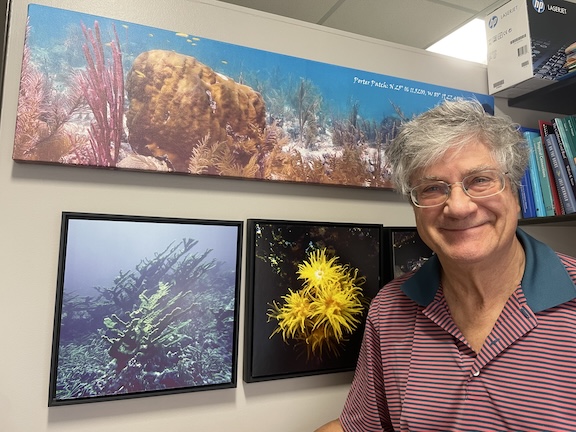
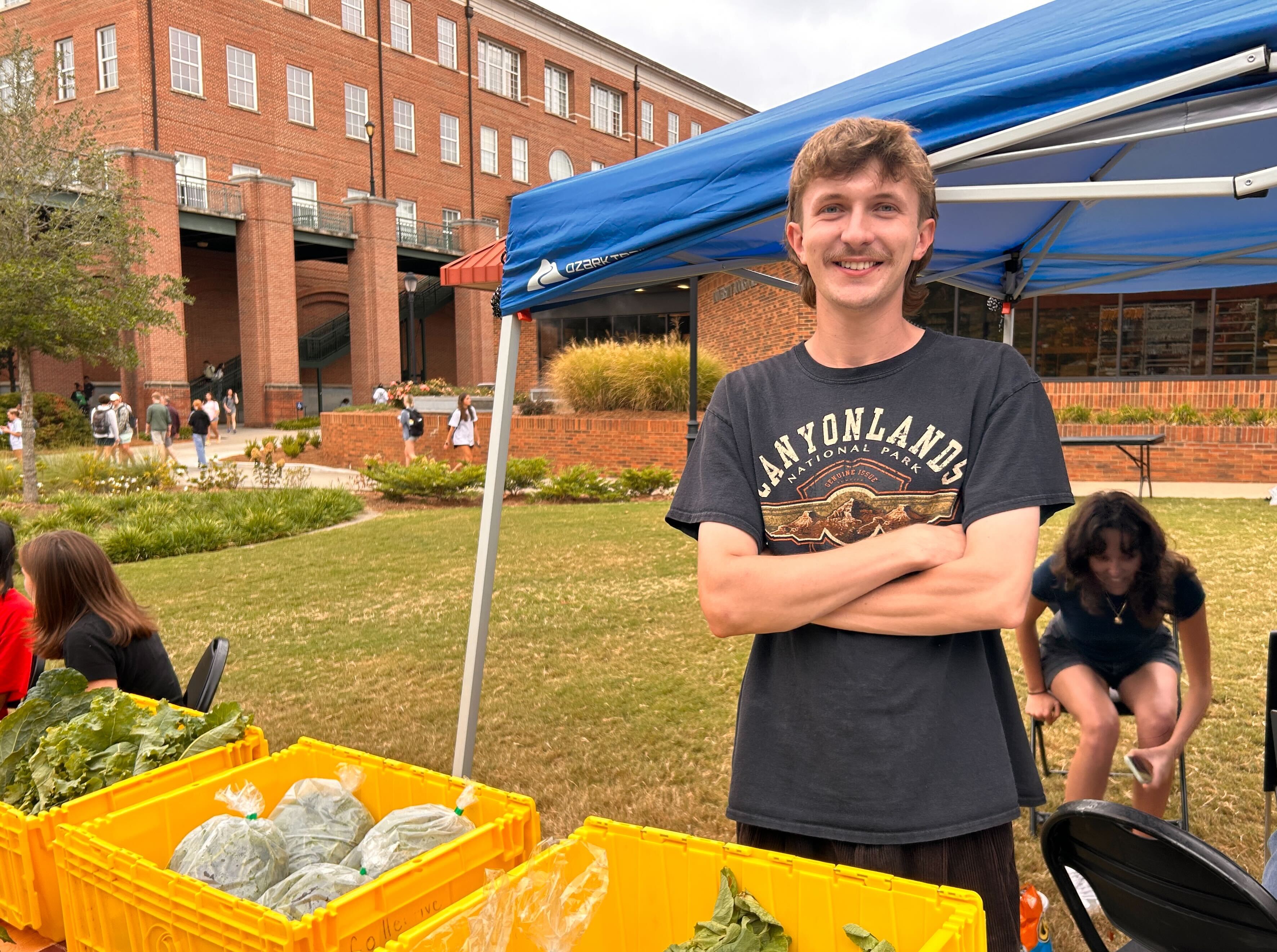
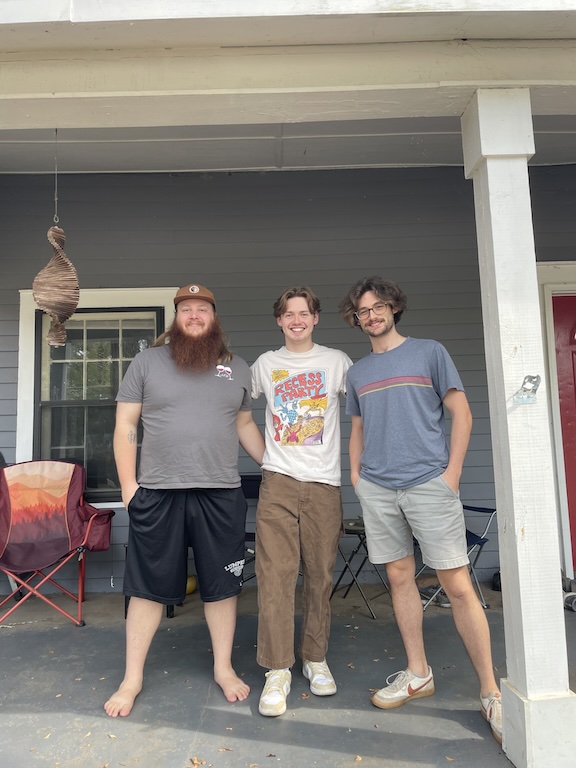
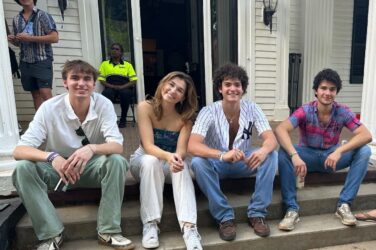
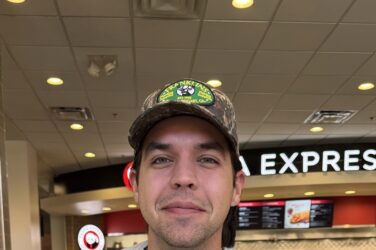
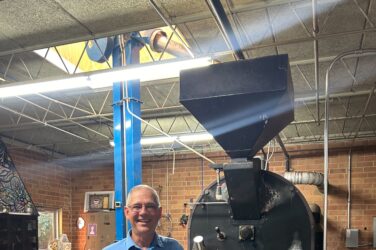

Show Comments (0)